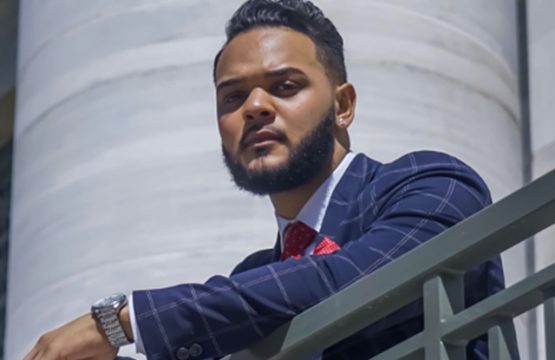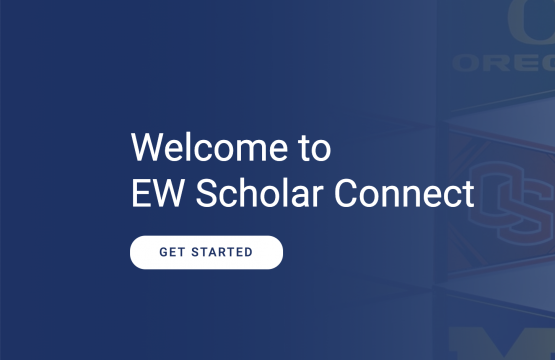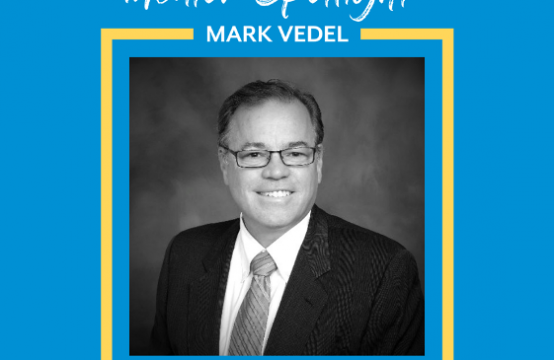Beyond Training: How STEM Studio supports educators in and outside the classroom
Well before I was navigating distance learning and virtual classrooms brought on by COVID-19, I had the good fortune of encountering TGR Foundation (TGRF), the old-fashioned way, at an in-person conference. In the fall of 2018, I met TGRF’s professional development leads, David Tong and Jason Porter, who were hosting their session, “Crossing the T in STEM Classrooms,” at the Next Steps Institute in Colorado Springs. Their activities provided a sample of the foundation’s hallmark teacher training workshop, STEM Studio, and I was thrilled to learn that they would be offering the full five-day STEM Studio in Santa Fe, NM in the summer of 2019.
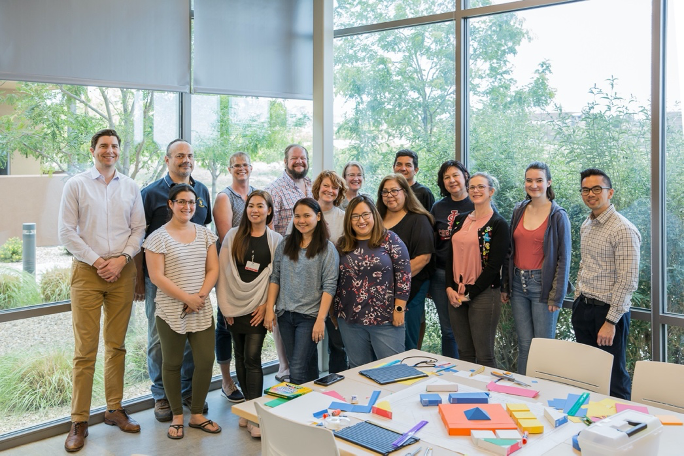
As a digital learning coach with Santa Fe Public Schools, I looked for ways to integrate inquiry and technology into our science and math classrooms and STEM Studio helped me do that and more. It opened my eyes to inquiry and active learning in areas beyond the science classroom. The lessons were engaging and, as I look back on the experience, I realize that I gained so much more than a set of inquiry lessons.
STEM Studio allowed me to see the benefit of an interdisciplinary approach to my teaching. It also provided many opportunities to add engineering practices to the science and math content, as well as group work to develop cooperative learning skills. Perhaps the greatest lesson for me was the Question Formation Technique (QFT). Giving students the power to generate and explore answers to their own questions is a great tool to help them become learners and dive deeply into the material. When I apply these strategies in lessons, whether in-person or virtually, I’ve seen even the most reluctant learners engage in the work because they are determined to find answers. Students are also growing beyond the content. They work cooperatively and are learning to resolve differences so that it doesn’t keep them from the activity. It’s not unusual to see Rock, Paper, Scissors challenges used as a way to quickly resolve minor disagreements.
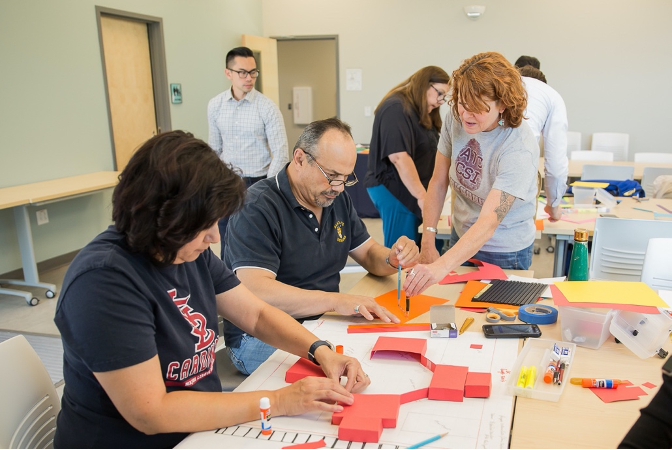
In the fall of 2019, I was selected to be part of the foundation’s first cohort of Master Trainers. The Master Trainer program is giving me the chance to expand my skills as a trainer while bringing STEM Studio to more educators in my area. When one teacher attends, their entire class benefits. As a Master Trainer, the methods I learned will reach across multiple classrooms and hopefully can create change that impacts our district and region. It adds another level of learning opportunity to our inquiry science program. The possibilities to extend inquiry learning strategies into other content areas are exciting.
While the final quarter of the 2019-2020 school year was spent mainly on helping students and teachers with online platforms and getting everyone connected to navigate distance learning as a result of COVID-19, the tools I’ve gained through STEM Studio’s Master Trainer program have already come to great use, especially in this critical time. Our focus shifted to keeping kids engaged and learning as we faced long-term distance learning, and TGR Foundation became one of my most valuable resources for activities that engage students and families in hands-on learning with materials they have at home. Design Challenges such as their five-day Animal Shelter lesson and a single-day activity called Move the Marbles gave families a chance to learn together and then share their successes and challenges in their class meetings.
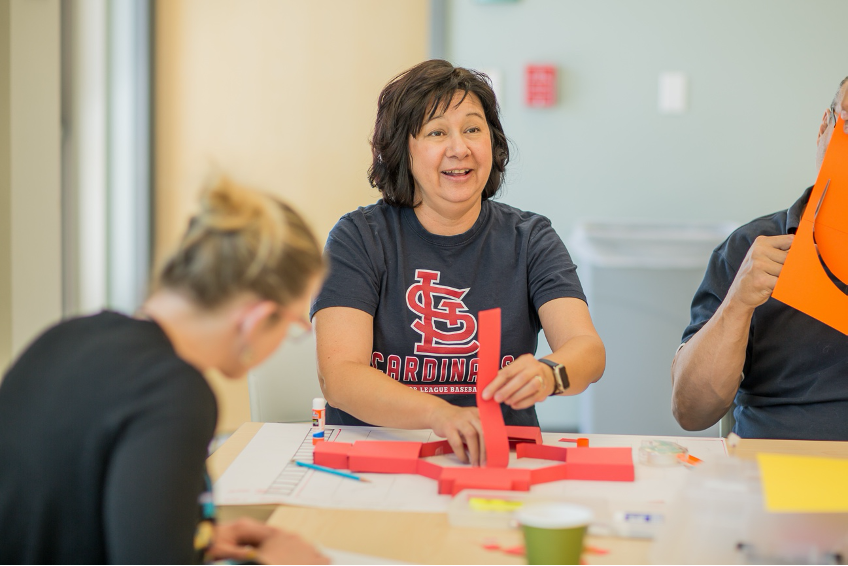
STEM Studio workshops also made the shift to a digital format for summer 2020, offering teachers like myself a support system and sounding board at a time when we most needed it. The professional development team kept up the energy as they led us through three days of activities, discussion and learning. Using things found in my home, I was able to experience a model that showed me how to teach inquiry in this new digital environment. Their example is foremost in my mind as I work with teachers to develop lessons for the new school year. We can support each other through this growth and amplify the impact STEM Studio has on teachers. This will lead to even greater opportunities for our students. I’m excited to see just how far we can go.
As part of the Master Trainer cohort, I’ve built a network of educators that stretches around the globe. So often we work closed off in our classrooms or schools. Meeting other like-minded educators, many of whom I’ve now met virtually, has shown me that we share many of the same goals, achievements and struggles.
Redefining what it means to be a champion.
Chrissy Romero was recently nominated by TGR Foundation to participate in the Department of Defense (DoD) STEM Ambassador program, a cohort of educators who will partner with the Defense STEM Education Consortium (DSEC) to advance STEM outreach throughout the 2020-2021 school year.
TGR EDU: Create is funded through our generous partners at “Clyde W. and Joan A. Hampton Foundation, Pacific Life Foundation, Fluor Foundation and TGR Live Events. To learn more or make a donation to support TGR Foundation’s educator development programs, visit TGRFoundation.org.
